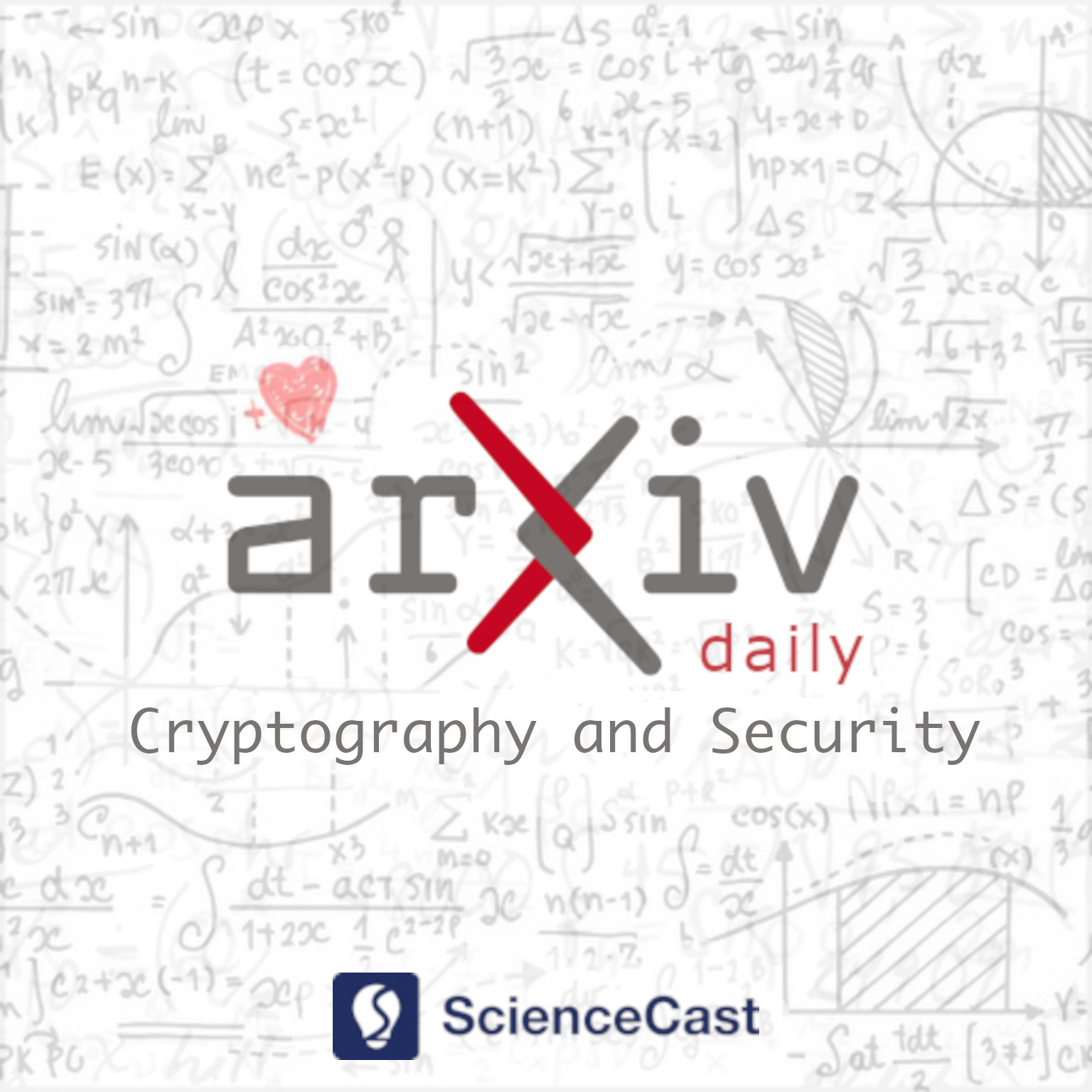
Cryptography and Security (cs.CR)
Thu, 24 Aug 2023
1.Introducing a New Alert Data Set for Multi-Step Attack Analysis
Authors:Max Landauer, Florian Skopik, Markus Wurzenberger
Abstract: Intrusion detection systems (IDS) reinforce cyber defense by autonomously monitoring various data sources for traces of attacks. However, IDSs are also infamous for frequently raising false positives and alerts that are difficult to interpret without context. This results in high workloads on security operators who need to manually verify all reported alerts, often leading to fatigue and incorrect decisions. To generate more meaningful alerts and alleviate these issues, the research domain focused on multi-step attack analysis proposes approaches for filtering, clustering, and correlating IDS alerts, as well as generation of attack graphs. Unfortunately, existing data sets are outdated, unreliable, narrowly focused, or only suitable for IDS evaluation. Since hardly any suitable benchmark data sets are publicly available, researchers often resort to private data sets that prevent reproducibility of evaluations. We therefore generate a new alert data set that we publish alongside this paper. The data set contains alerts from three distinct IDSs monitoring eight executions of a multi-step attack as well as simulations of normal user behavior. To illustrate the potential of our data set, we experiment with alert prioritization as well as two open-source tools for meta-alert generation and attack graph extraction.
2.Security Assessment and Hardening of Fog Computing Systems
Authors:Carmine Cesarano
Abstract: In recent years, there has been a shift in computing architectures, moving away from centralized cloud computing towards decentralized edge and fog computing. This shift is driven by factors such as the increasing volume of data generated at the edge, the growing demand for real-time processing and low-latency applications, and the need for improved privacy and data locality. Although this new paradigm offers numerous advantages, it also introduces significant security and reliability challenges. This paper aims to review the architectures and technologies employed in fog computing and identify opportunities for developing novel security assessment and security hardening techniques. These techniques include secure configuration and debloating to enhance the security of middleware, testing techniques to assess secure communication mechanisms, and automated rehosting to speed up the security testing of embedded firmware.